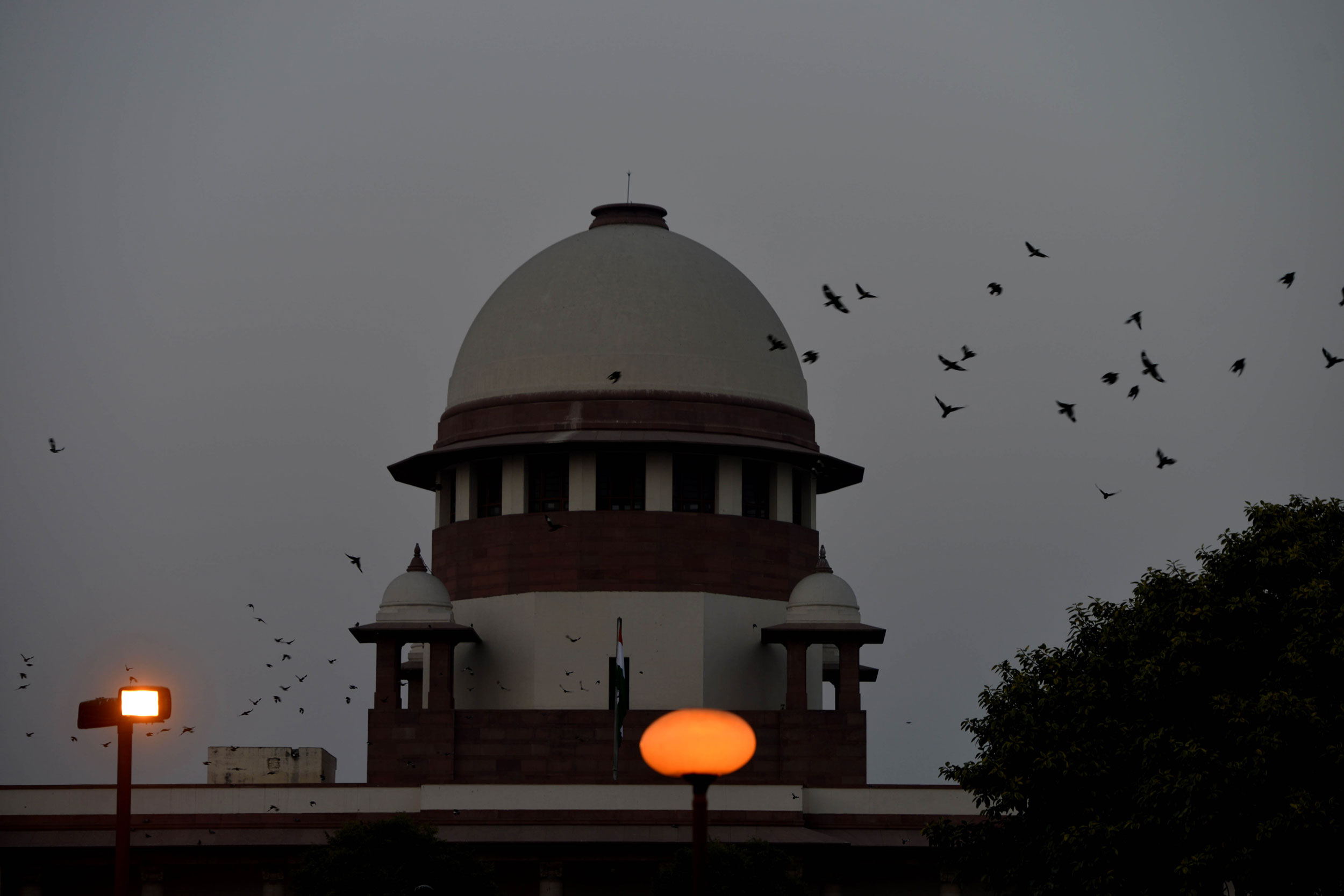The Supreme Court has upheld a Telangana government policy decision to prevent the mushrooming of technical educational institutes, saying such unbridled growth would ultimately lead to deterioration in the standards of education.
“The mushroom growth of the institutions cannot be permitted, was rightly pointed out in the perspective plan (of the state government).
A large number of institutions have already been permitted to function in the state by the central bodies,” a bench of Justices Arun Mishra and Indira Banerjee said in a recent judgment.
“It is painful to note that at several places mushroom growth of the institutions had been permitted by such bodies in an illegal manner. In case there is no check or balance and the power is exercised in an unbridled reckless manner, the sufferer is going to be the standard of education,” the court added.
The apex court passed the judgment while allowing an appeal filed by Jawaharlal Nehru Technological University (JNTU) challenging a decision of Telangana and Andhra Pradesh High Court that had earlier quashed the powers vested in the varsity to withhold no-objection certificates to new pharmacy colleges in Hyderabad.
The high court had passed the order while allowing a petition filed by Sangam Laxmi Bai Vidyapeet challenging JNTU’s refusal to grant it an NoC for setting up a pharmacy college for women in Hyderabad for the 2018-19 academic year.
On August 19, 2017, the university had declined NoC on the ground that according to the government’s policy and perspective plan, the certificate was not to be granted for new institutions and courses.
The policy decision was based on a detailed study of a large number of technical institutions in Telangana, and in particular Hyderabad. The study revealed that many available seats were lying vacant and the addition of more berths and more colleges was bound to adversely impact the quality of education and would make them financially unviable.
The state government had contended that the fall in education standards could hurt the employment prospects of the students.
On an appeal by the Sangam Laxmi Bai Vidyapeet, the high court had quashed the powers of JNTU to withhold NoC on the ground that it was for the educational institutions to decide when and where they wanted to set up colleges.
Challenging the high court judgment, JNTU had told the Supreme Court that there were 30 institutions running pharmacy courses in Hyderabad.
JNTU told the Supreme Court that the decision taken by the Telangana government to stop issuing NoCs was based on the study.
In 2017-18, 30 of the 56 JNTU-affiliated colleges offering pharmacy courses were in Hyderabad. Of the total 1,630 seats, 173 had remained vacant in Hyderabad.
Writing the judgment Justice Mishra said: “The mushroom growth of educational institutions cannot be permitted. The observation made by the high court that unfit institutions will automatically shut down the courses is not the judicious approach warranted in such matters.
“It is not only that the requirement of the locality should exist but it has to be ensured that only the standard educational institutions should come up and once they come up, they should be able to survive.”
Justice Mishra said a large number of institutions could not be allowed to open on the basis of the principle of survival of the fittest and the consideration that they would close down because of lack of teachers or students.
“Standard of education cannot be compromised and sacrificed by permitting institutions to come up in a reckless manner without there being any requirement for them at a particular place.
“There is a need to strengthen the existing system of education, not to make it weak by further complicating the issues by (a) wholly unwarranted approach as the one adopted by the high court. It cannot be left to the choice of the institution to open the course whenever or wherever they desire,” the Supreme Court said.










